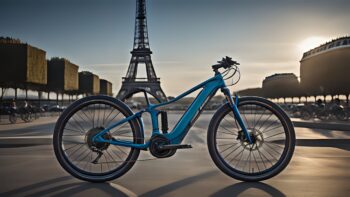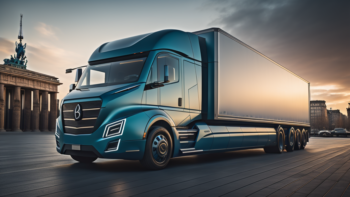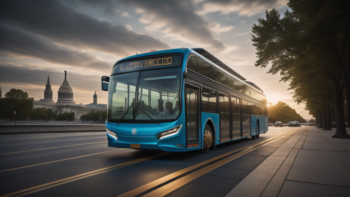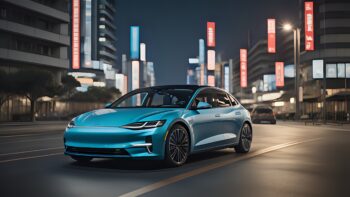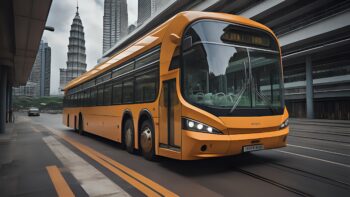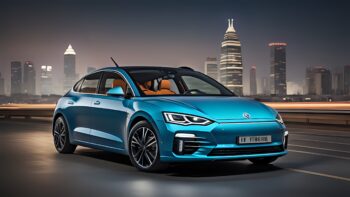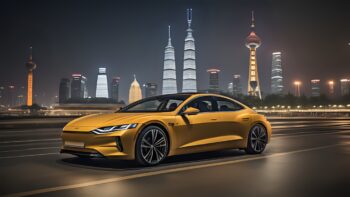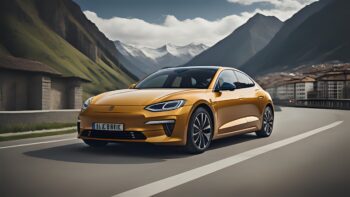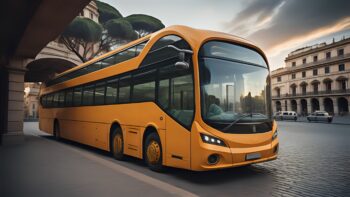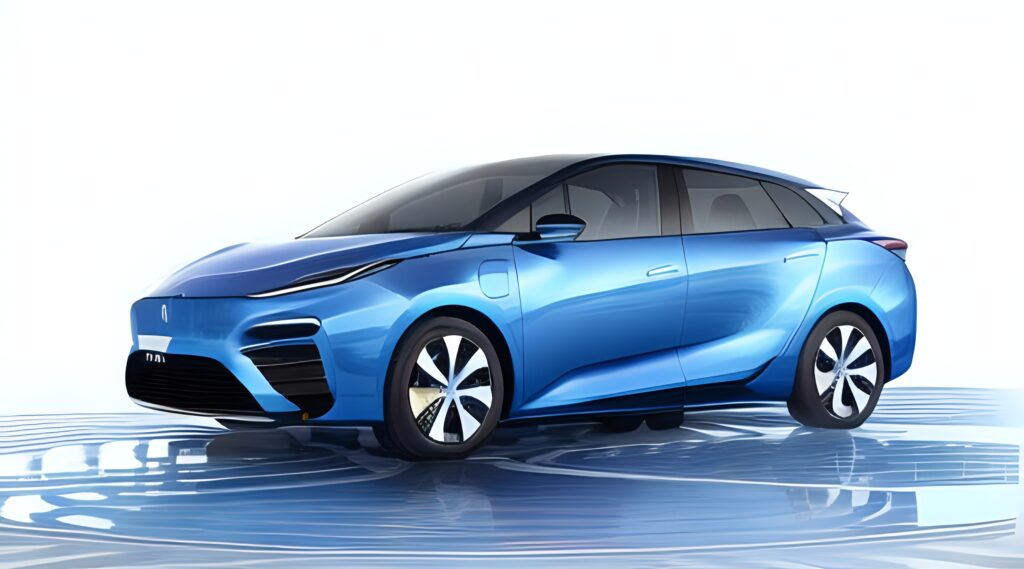
Electric Fuel Cell Cars
Listing Category by product
Electric fuel cell car manufacturers
Electric fuel cell car manufacturers worldwide are at the forefront of sustainable automotive innovation. They specialize in developing vehicles powered by hydrogen fuel cells, which produce electricity through a chemical reaction with oxygen, emitting only water vapor as a byproduct. These manufacturers focus on advancing fuel cell technology to increase efficiency, range, and affordability, aiming to provide zero-emission transportation solutions. With ongoing research and development efforts, they are working towards making hydrogen-powered cars a viable and widespread alternative to traditional internal combustion engine vehicles, contributing to a cleaner and greener future for transportation.
FCEV market
Electric fuel cell cars (FCEV’s) are gaining traction globally as manufacturers strive to provide eco-friendly transportation solutions. Manufacturers like Toyota, Hyundai, and Honda are leading the charge in producing FCEV’s, with models like the Toyota Mirai, Hyundai NEXO, and Honda Clarity Fuel Cell showcasing the potential of hydrogen-powered vehicles. The market for FCEV’s is expanding rapidly, driven by environmental concerns and government initiatives to reduce carbon emissions. With advancements in fuel cell technology and infrastructure development, FCEV’s are ready to revolutionize the automotive industry, offering zero-emission mobility without compromising on performance.
Battery technology for FEVC
Electric fuel cell cars utilize batteries to complement their fuel cell systems, providing additional power for acceleration and supporting auxiliary systems. These batteries, often lithium-ion, store energy generated by regenerative braking and ensure seamless operation of the vehicle’s electric drivetrain. While smaller in size compared to batteries in battery electric vehicles, they play a crucial role in enhancing efficiency and performance. Advanced battery management systems optimize battery usage, maximizing range and reliability. The integration of batteries into FCEV’s underscores their commitment to sustainable power and environmental stewardship.
Electric fuel cell cars drivetrain
Electric fuel cell cars feature electric drivetrains that convert electrical energy generated by hydrogen fuel cells into mechanical energy to propel the vehicle. These drivetrains typically include electric motors and power electronics, delivering smooth and efficient power delivery to the wheels. Regenerative braking systems capture kinetic energy during deceleration, converting it into electrical energy for storage or immediate use. With continuous advancements in electric drivetrain technology, FCEVs offer improved efficiency, performance, and sustainability compared to traditional internal combustion engine vehicles. As the automotive industry embraces cleaner and greener transportation solutions, electric fuel cell cars are poised to play a significant role in shaping the future of mobility.
FCEV Process
Electric fuel cell vehicles (FEVC’s) employ cutting-edge technology, utilizing hydrogen fuel cells to generate electricity for propulsion. These vehicles store hydrogen gas onboard, which is then directed to the fuel cell stack. Within the stack, hydrogen reacts with oxygen from the air, initiating a chemical reaction that generates electricity. This electrical energy powers the vehicle’s electric motor, which in turn converts it into mechanical energy to drive the car forward. Unlike conventional gasoline or diesel cars, FEVC’s produce zero emissions at the point of use, emitting only water vapor as a byproduct. This environmentally friendly feature positions electric fuel cell cars as a promising solution for reducing greenhouse gas emissions and enhancing air quality in urban areas.

